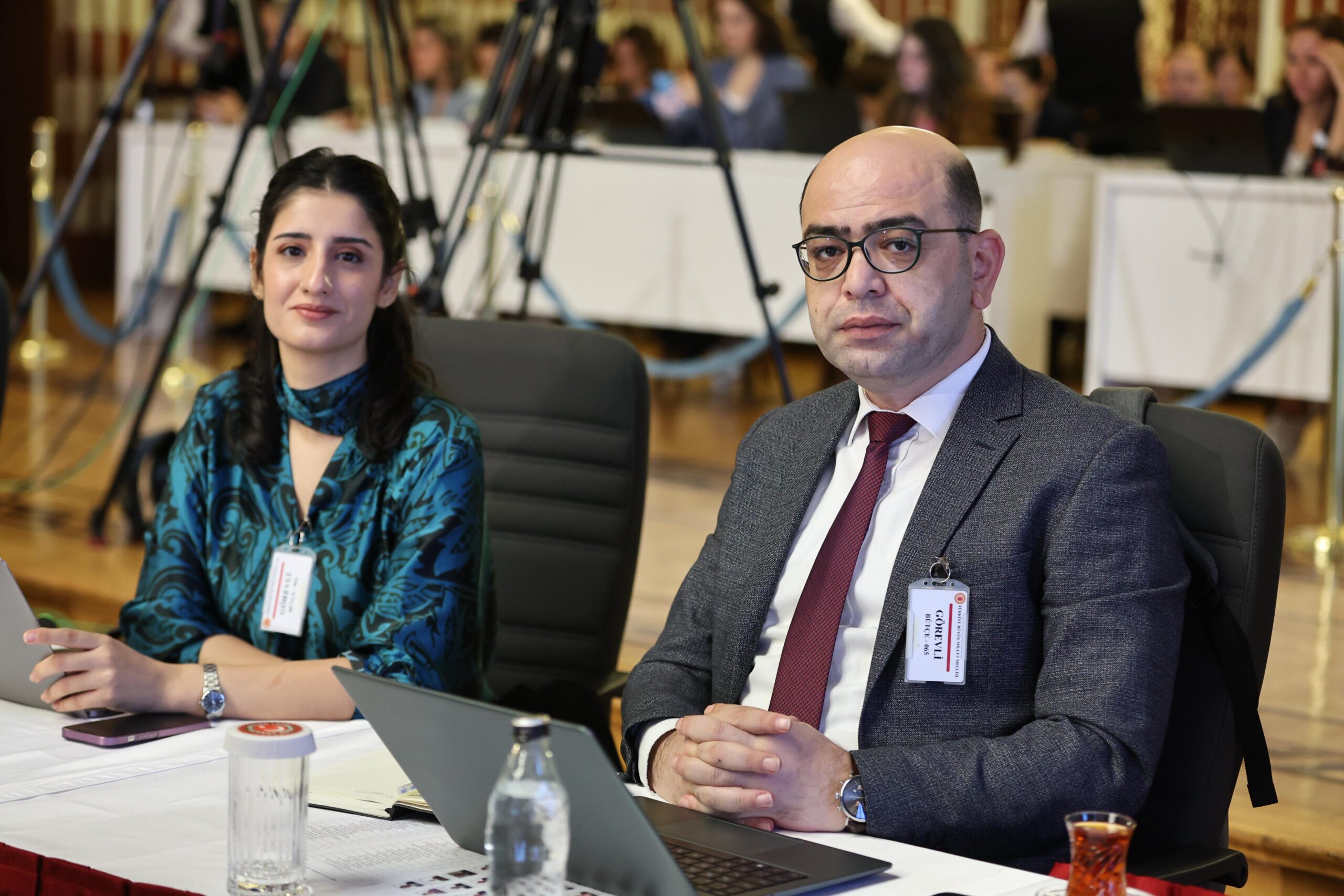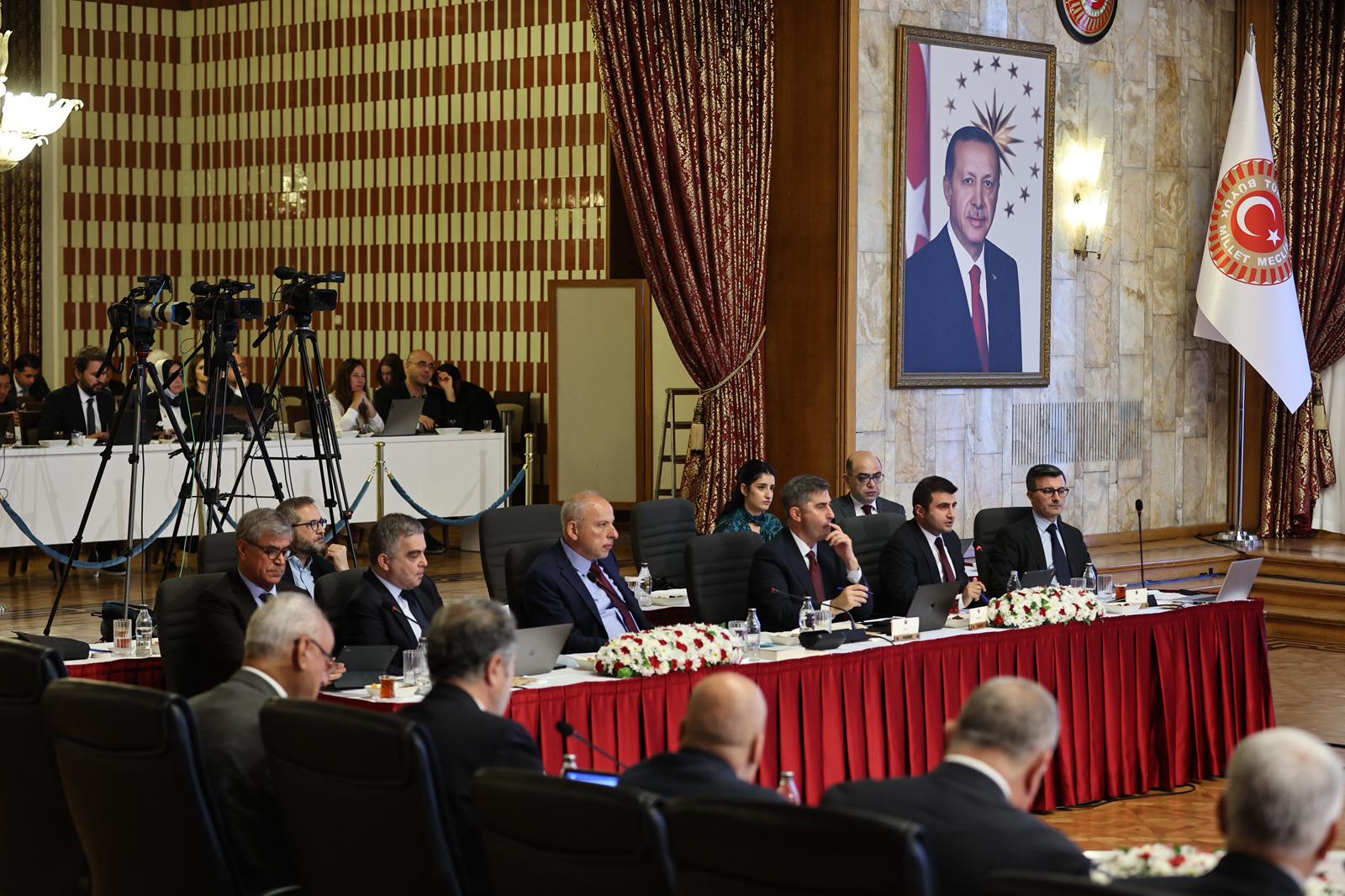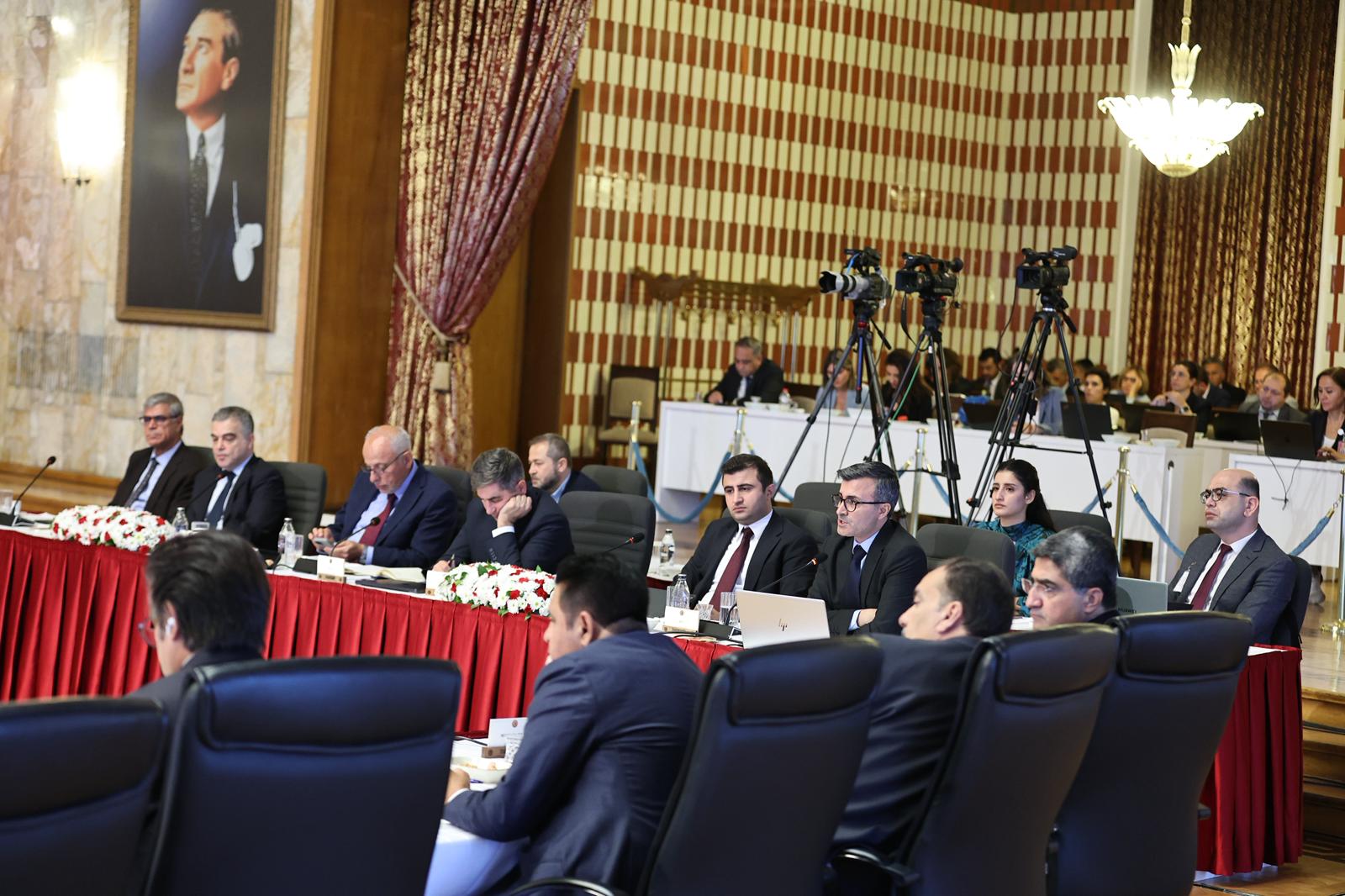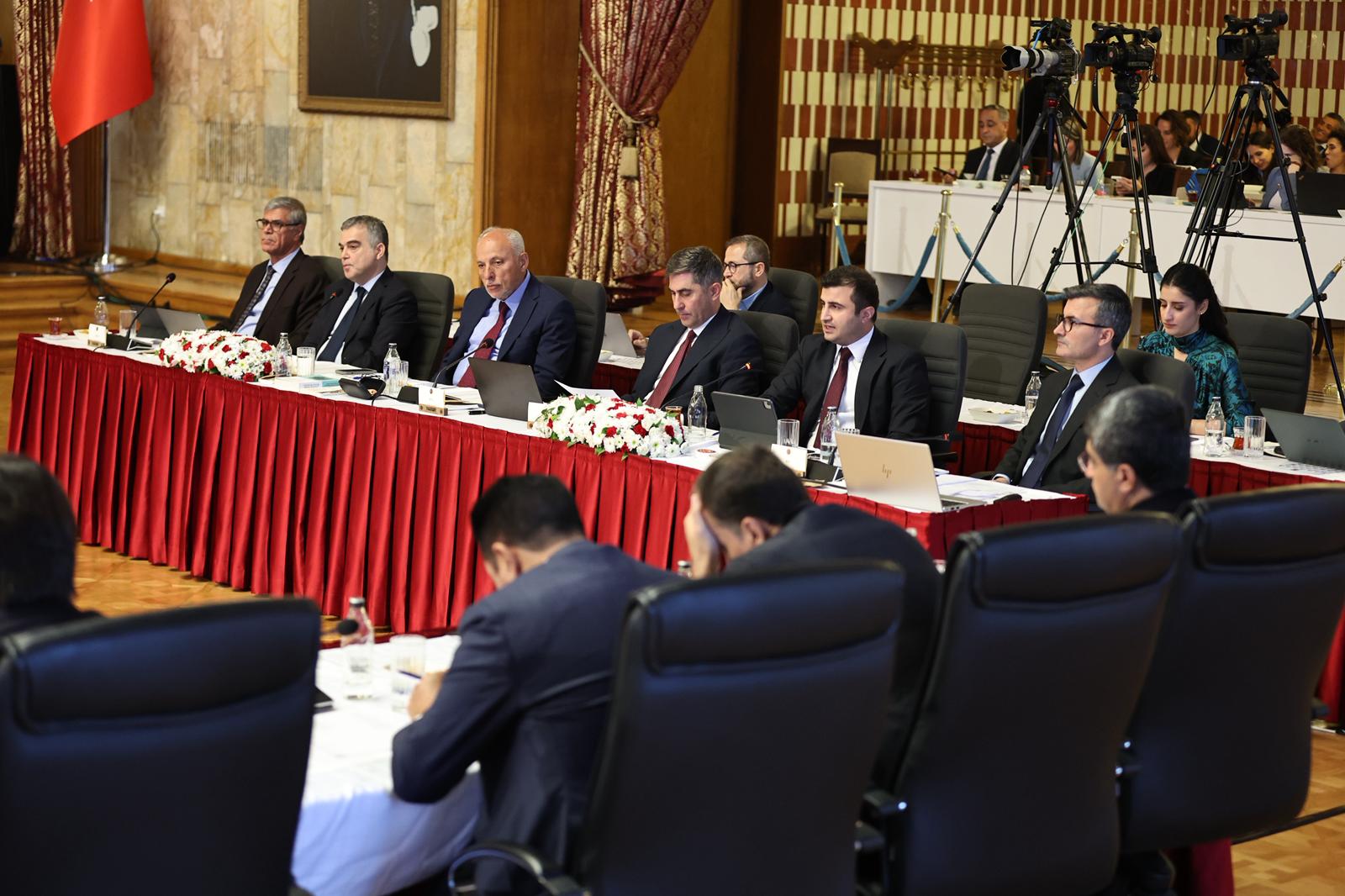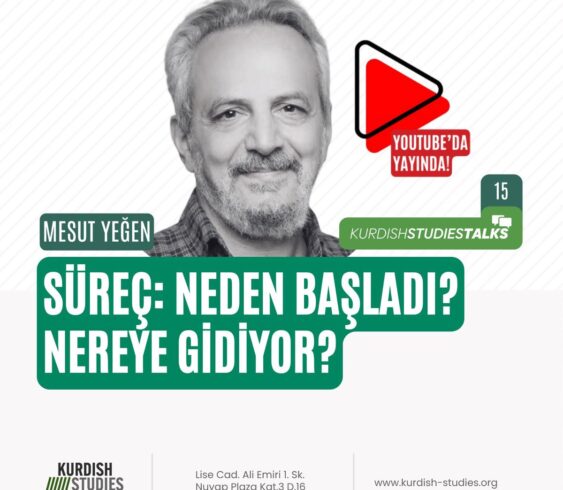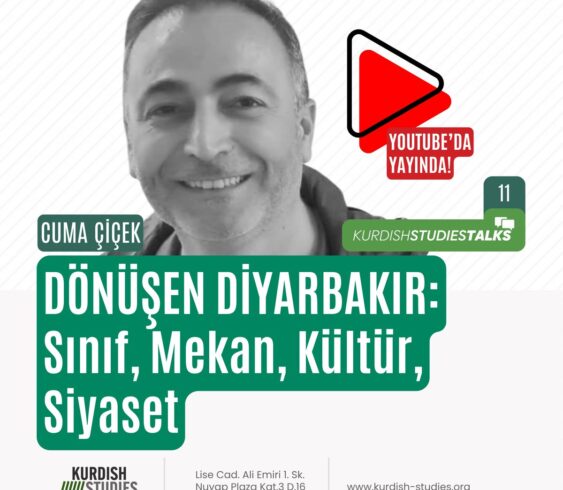Presentation at the Grand National Assembly of Türkiye on the Ongoing Process
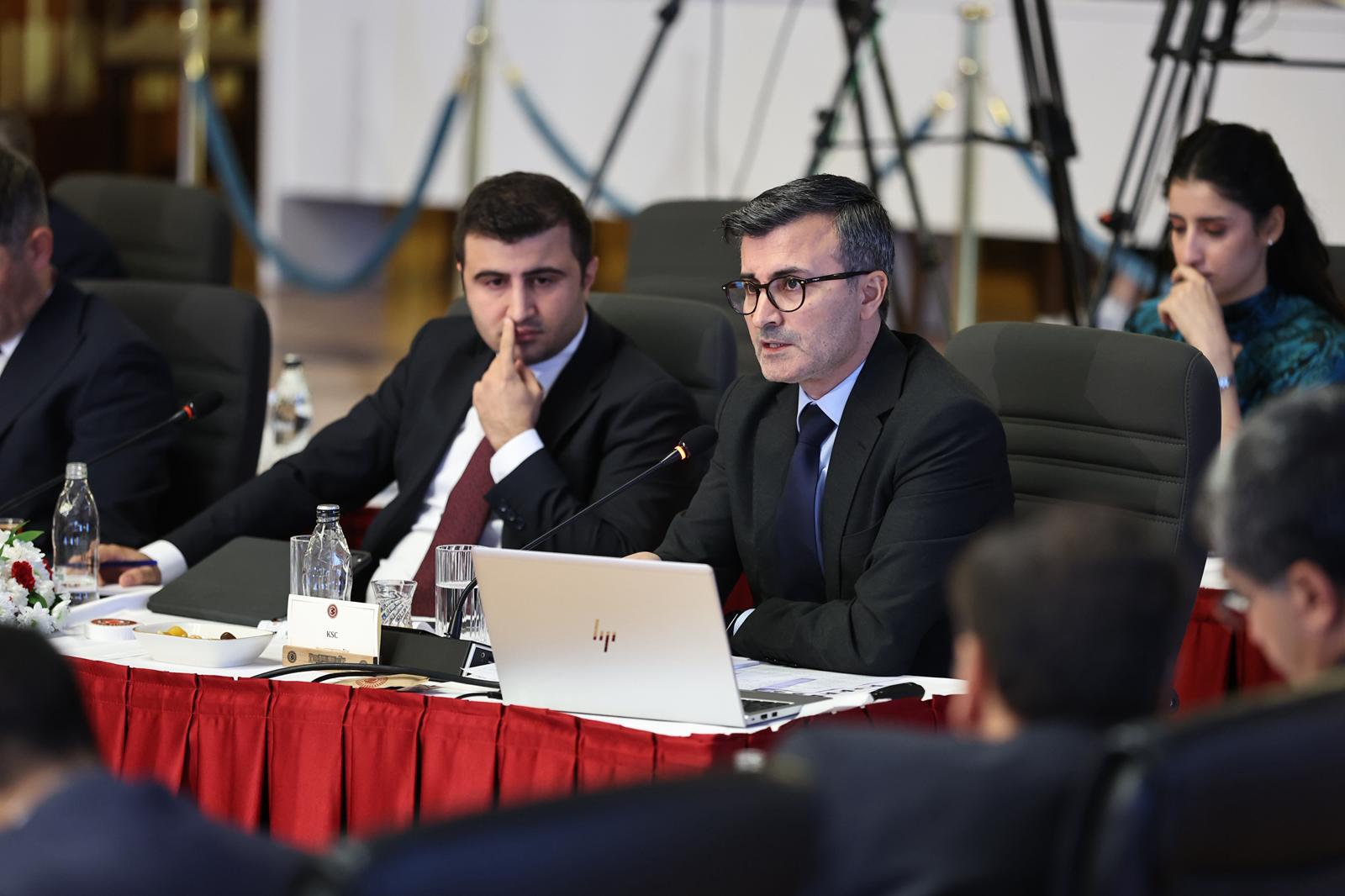
Sharing Our Findings and Evaluations at the Committee on National Solidarity, Brotherhood and Democracy
On September 24, 2025, the Kurdish Studies Center delivered a presentation before the Committee on National Solidarity, Brotherhood and Democracy, formed within the Grand National Assembly of Türkiye. The Center’s director, Reha Ruhavioğlu, outlined the social reflections of the new process concerning the Kurdish question, levels of public support, criticisms, and expectations for the future.
Ruhavioğlu emphasized that more than forty years of conflict have left deep fatigue within society. He noted that violence has overshadowed social achievements, while the practice of government-appointed trustees (kayyum) and political deadlocks have aggravated problems of trust. At the same time, he underlined that Kurdish society has undergone a significant sociological transformation, marked by notable changes in belonging, identity, and expectations.
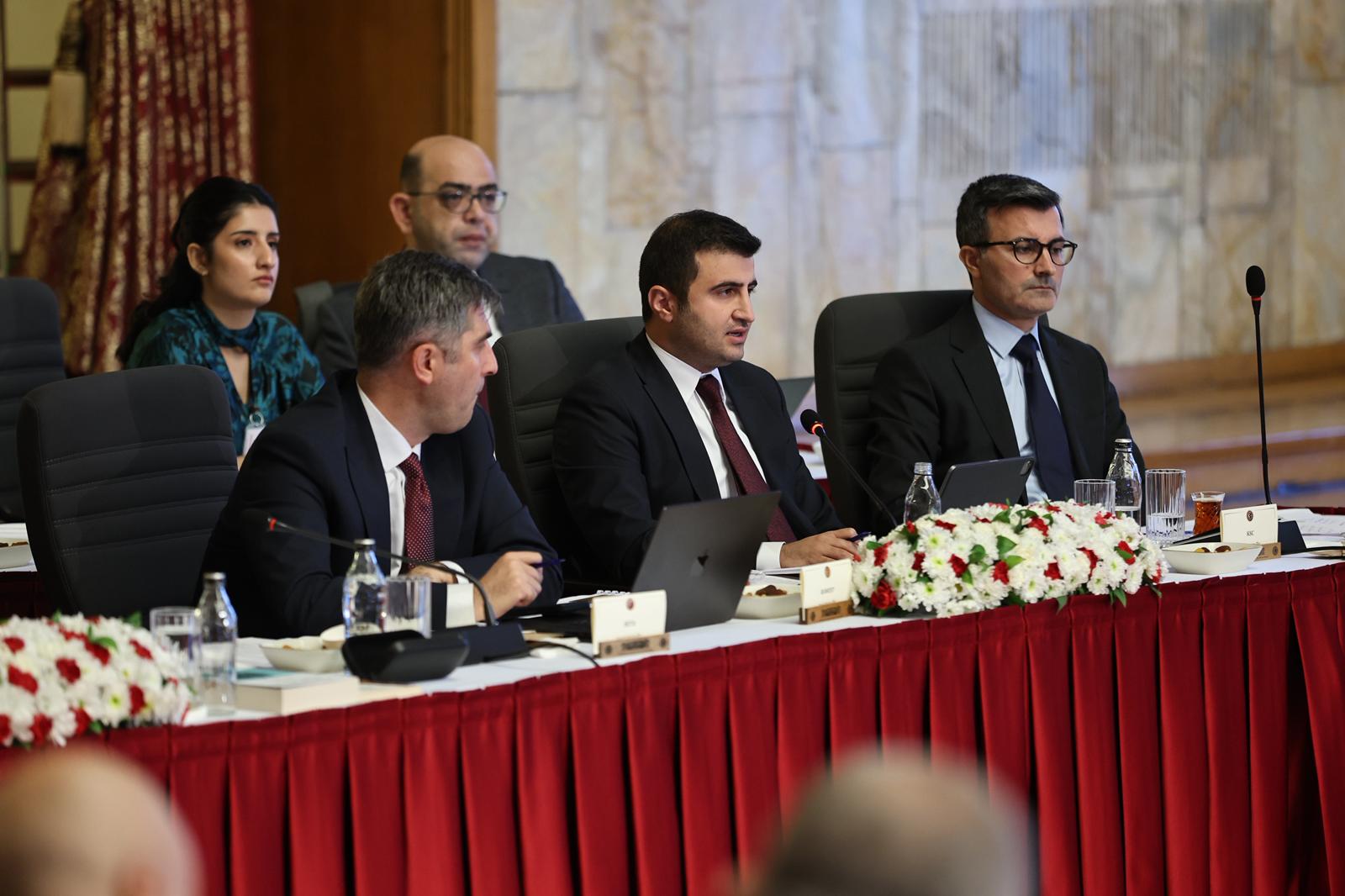
Sharing findings on identity and belonging, Ruhavioğlu noted that two-thirds of Kurds strongly embrace their Kurdish identity. While universalist and pluralist tendencies are more visible among younger generations, attachment to Kurdishness has not diminished. He further highlighted that categorical support within Kurdish society for disarmament has grown in recent years, with the share of those prioritizing armed struggle falling to below 10 percent. Survey results also indicate a rising sense of belonging to Turkey, with the proportion of Kurds who feel attached to the country increasing from 52 percent to 65 percent over the past two years. This sense of attachment is also reflected in cultural life: in surveys on Turkish national football matches, fewer than 10% of Kurds said they support the opposing team. Yet, Ruhavioğlu emphasized that problems of equality and discrimination persist, only one-third of Kurds feel equal to Turks in the eyes of the state, and three-quarters report experiencing discrimination either frequently or occasionally.
Public opinion data on the process was also shared with the committee. Ruhavioğlu noted that initial Kurdish support for the process was low but has since risen to 80%. In Turkish society, support increased from 40% to above 60%. Nevertheless, concerns remain in both groups. Among Kurds, the main concerns are trustee practices, the situation of Selahattin Demirtaş, and the lack of discussion on rights; among Turks, distrust regarding the armed group’s commitment to disarm and worries that the process could be used as an election strategy stand out.
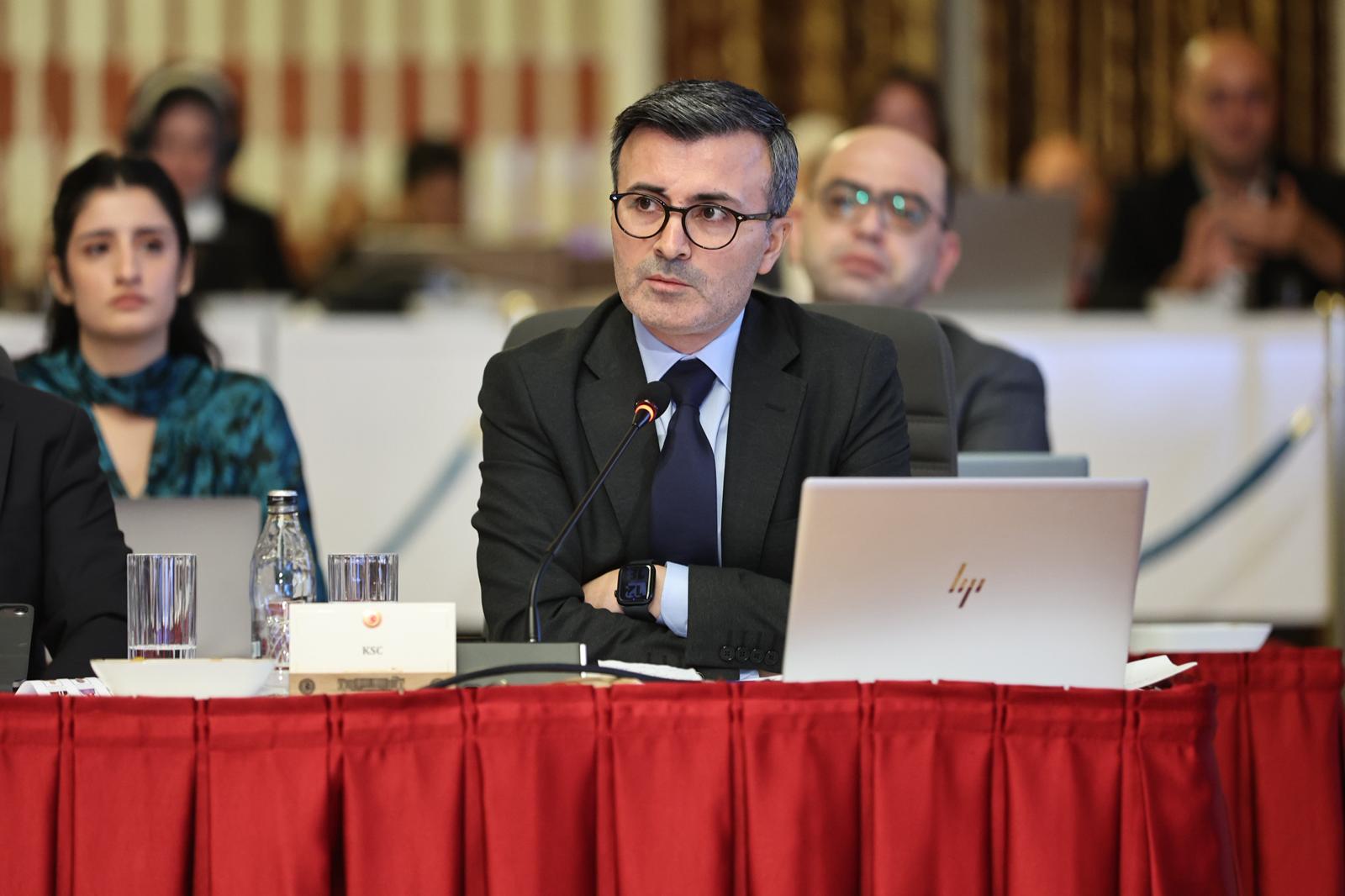
The final part of the presentation included solution-oriented recommendations. Addressing regional inequalities, strengthening local administrations, recognizing the mother tongue in public services, and enhancing political participation were highlighted as key expectations. It was noted that the vast majority of Kurds demand the inclusion of Kurdish in education, while about half of Turkish society also shows openness to a bilingual education model.
Ruhavioğlu concluded his presentation by stressing the goals of “completing the missing aspects of the republic, building a peace-oriented legal framework, and moving from negative peace to social peace.” He offered concrete recommendations regarding mother tongue, political participation, reducing inequalities, and constitutional recognition. In closing, Ruhavioğlu underlined that the committee is also an executive body and suggested that the Speaker of Parliament, Numan Kurtulmuş, along with the committee members, attend a football match of Amedspor in Diyarbakır. He likewise proposed that DEM Party deputies watch a Turkish national match from the stands, noting that such symbolic gestures could play a vital role in strengthening mutual trust.
You can access the full transcript of the speech in the official parliamentary record through this link.
